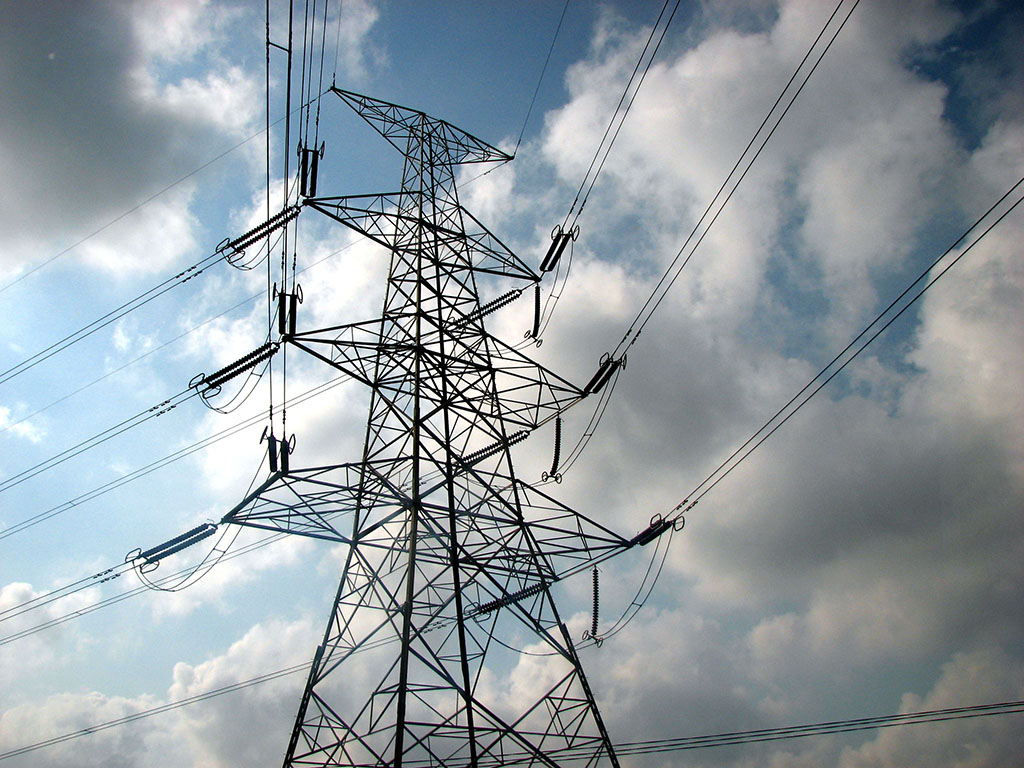The U.K. Solar Trade Association (STA) has greeted with dismay today’s publication of a government report which proposes applying a flat rate – regardless of energy consumption – to pay for electricity network costs.
U.K. gas and electricity market regular Ofgem today published its “minded to” decision document, the latest stage of its Targeted Charging Review of how to overhaul the charging regime relating to residual costs for upgrading the electricity network.
Launching its consultation exercise in August 2017, Ofgem indicated the rise in popularity of solar power, storage and electric vehicles would render obsolete the system of meeting residual network costs – the expenses left after the ‘forward-looking charges’ passed on by energy suppliers to customers.
The regulator today said its preferred option is to apply a fixed charge to all end-users to meet residual costs, with the idea of an agreed capacity charge as a second alternative. The latter system would see big energy users that have a specific capacity, having the residual charge levelled directly on them, whereas households and smaller business energy users would be charged in line with assumed capacities.
However solar trade body the STA pointed out the obvious flaw in a system which, Ofgem itself admits, would penalize households and businesses that consume small amounts of electricity, not least those that have invested in self-generation.
Forward-thinking businesses will pay the price
“We will look at this complex consultation in detail, but we are naturally concerned that Ofgem’s own analysis shows that its approaches will particularly impact homes and businesses with solar power,” STA Chief Executive Chris Hewett said, in a swift response to the Ofgem publication.
“The regulator’s preferred option, to move away from consumption-based to fixed charges means that the most profligate energy users will be rewarded, while those who take action to effectively manage and reduce their electricity consumption are penalized. Under this option, the hardest-hit sector will be the thousands of forward-thinking businesses across Britain who invest in storage and on-site generation.”
The Ofgem report, which will be open for consultation until February 4, states: “Some firms may pay more [under its preferred option], particularly if they have benefited from reduced contributions because of investment in on-site generation, which has reduced their contribution to the existing system.”
The example given by the regulator earlier in the consultation process was that of a factory which has its own on-site generation and mini grid, and therefore rarely draws on grid-supplied electricity. However, the regulator explained, such a business would depend on its grid connection if the on-site system was down, and should therefore pay its fair share of maintaining the network because it benefited from its presence as a back-up, emergency option all year round.
Export payments hand in hand with higher charges?
Publication of the Ofgem document comes after U.K. Energy Minister Claire Perry rowed back on a consultation from the Department for Business, Energy and Industrial Strategy that proposed ending export payments made to small-scale power generators for excess energy they feed back into the grid.
It is hard to shake the impression that about-turn, warmly welcomed by the renewables lobby, might have been made in the knowledge Ofgem was preparing to usher in a regime of higher charges for such generators, who would continue to receive some sort of export payment but be faced with higher bills to maintain a grid they are less dependent on.
Today’s publication also suggests amendments to the current system of embedded benefits – the charging arrangements for smaller grid-connected generators. One of those proposals is to apply grid balancing service charges to such embedded generators.
“We are concerned the regulator is taking a short-sighted approach and that the tremendous whole-system value of flexible, low-carbon, on-site energy generation is not yet being reflected back to our innovators and risk-takers,” added the STA’s Mr Hewett.
“We would like to see Ofgem carry out a full assessment of those system benefits and introduce charging reforms concurrently, so that the overall net treatment for innovators in the system is positive. The current piecemeal approach means we cannot assess the net overall effect of charging reforms and where we may end up, and this contributes to investment uncertainty. Deterring investment in smart energy technologies will ultimately end up costing all consumers more in the medium to long-term, including the most vulnerable households.”
Ofgem said it expects a final decision from the Targeted Charging Review consultation by the middle of next year.
This content is protected by copyright and may not be reused. If you want to cooperate with us and would like to reuse some of our content, please contact: editors@pv-magazine.com.




I am someone with PV installed on my home, but I can not see any reason why I should not be expected to pay towards the fixed costs that result in providing me the connection to the grid I need for when the sun does not shine. Having PV is no justification for getting a free ride.